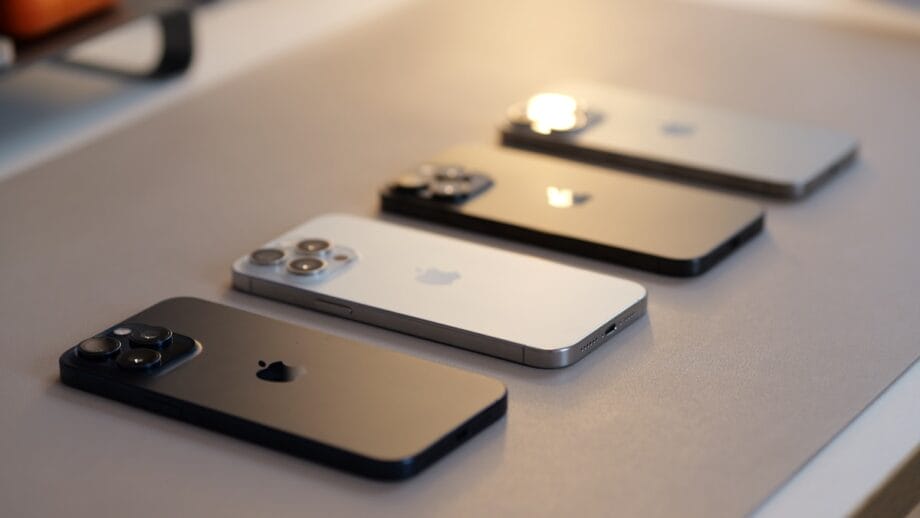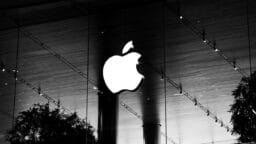Apple Reports Decelerated iPhone Sales Amid AI Aspirations
SAN FRANCISCO (AP) — In the latest financial disclosures, Apple revealed a slowdown in iPhone sales growth for its summertime quarter. Nonetheless, the venerable tech titan surpassed analyst expectations, all while striving to close the gap with its Big Tech counterparts in the burgeoning arena of artificial intelligence.
The results, unveiled Thursday, were predominantly propelled by the robust initial demand for the premium models within the recently launched iPhone 17 lineup.
While the iPhone 17 may not include the advanced AI functionalities seen in competing devices from Samsung and Google, Apple has revamped its latest offerings with an elegant redesign, characterized by a sophisticated “liquid glass” aesthetic on the display screens.
Remarkably, Apple has maintained pricing on its latest iPhones, despite the financial pressure exerted by President Donald Trump’s trade conflict, which introduced tariffs on U.S.-manufactured devices primarily produced in India and China.
This strategic approach evidently resonated with consumers, particularly in the U.S. and Europe, culminating in iPhone sales reaching an impressive $49 billion during the July-September timeframe, marking a 6% increase from the previous year.
This figure fell slightly short of the anticipated 8% growth and was modest in comparison to the 13% surge recorded in the April-June period.
Fueled by these iPhone results, Apple reported earnings of $27.5 billion, equating to $1.85 per share, effectively doubling its profit year-over-year. Revenue climbed 8%, totaling $102.5 billion, exceeding analyst forecasts that influence market trends.
Following the announcement, Apple shares surged by over 3% in after-hours trading.
During a conference call with analysts, Apple CEO Tim Cook expressed confidence in the iPhone 17 lineup, predicting sustained sales growth through the year’s final quarter.
“As we approach the holiday season with our most powerful lineup yet, I am incredibly excited for what lies ahead,” Cook remarked.
He noted that the iPhone 17 has garnered favorable attention globally, with the exception of China, where sales have plummeted by 4% compared to last year.
According to projections from Apple’s chief financial officer, Kevan Parekh, the company anticipates iPhone sales to rise at least 10% from the previous year’s holiday season, with total revenue following a similar trajectory.
Apple’s stock has experienced a meteoric rise since a preliminary report from the research firm International Data Corp. hinted at record quarterly iPhone sales.
This unwelcome news propelled Apple’s market capitalization beyond $4 trillion for the first time earlier this week, setting the stage for potential new heights during the forthcoming trading session.
Nevertheless, Apple is widely perceived as trailing in the AI revolution, a factor contributing to Nvidia—a chipmaker whose processors underpin the technology—culminating in a valuation of $5 trillion earlier this week.

Apple had previously pledged an impressive suite of AI enhancements for last year’s iPhone models, yet only a minority have come to fruition. Notably absent was a smarter, more adaptable rendition of its often perplexing Siri virtual assistant, an overhaul that Apple now anticipates won’t be complete until next year.
However, Apple maintains a historical pattern of late entries into emerging technological paradigms before eventually catching up and staking its claim as a frontrunner.
If Apple can again navigate this challenge by integrating enhanced AI functionalities into the iPhone, Wedbush Securities analyst Dan Ives posits these advancements could potentially bolster the company’s market value by an additional $1 trillion to $1.5 trillion, translating to a gain of $75 to $100 per share.
Source link: Wral.com.






